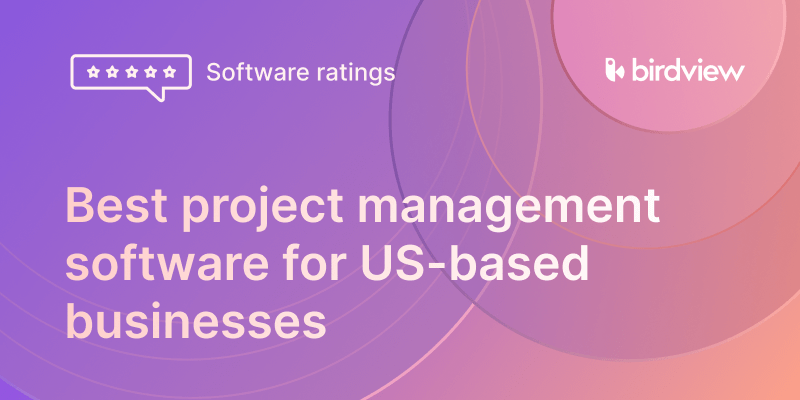Healthcare management and healthcare administration are often used interchangeably, but they have distinct roles and responsibilities. This article breaks down the key differences between these two roles, explains where the confusion originates, and highlights the education and skills required for each. Understanding these distinctions is crucial for anyone pursuing a career in healthcare leadership.
When you look closely at any industry, you’ll realize that they come with their own confusing branch of the lexicon. This is especially true in the healthcare industry. For example, I’m sure you’ve all heard the terms “dentist” and “stomatologist”, but do you know the difference between those two? I imagine that most of you use the terms interchangeably, but in reality, they are different.
Both terms apply to the treatment inside a patient’s mouth (oral medicine), but the dentist treats teeth and tooth-related health issues, while the stomatologist treats not only the teeth but also the whole mouth and mouth diseases. So technically, dentistry is a part of stomatology as a healthcare practice.
The case is similar with healthcare administration and healthcare management. These two terms are often regarded as the same thing and used casually to replace one another in a conversation, which only adds more confusion.
In fact, they are so similar that even Google confuses them. When you Google for “healthcare management” it suggests you a Wikipedia article about “healthcare administration”:
While the two terms have some overlapping scopes, they are very different at their core and require a different approaches, fields of knowledge, skills, and education.
What is healthcare management?
Healthcare management is the management of a health organization from a business perspective. What this technically means is that the healthcare manager is responsible for “big picture” business goals like quality and number of human resources, competition, facilities management, financial responsibilities, hospital policies and governmental policies of the health organization as a whole.
What is healthcare administration?
Healthcare administration is the management of a health organization from the staff perspective. Healthcare (health) administrators are responsible for smaller matters in terms of managing the health organization like managing the staff and their everyday responsibilities, improving patient experience, dealing with clinical cases, managing patient care, taking patient informational entries, storing hospital records, etc. Healthcare administrators also manage all of the paperwork when a clinician changes practices or jurisdictions, in cases such as PA to MD, including details like start date, IT/system access, network IDs, badge issuance, EMR privileges, and orientation schedules.
The core differences simplified
To put it simply, healthcare managers are responsible for the organizational growth and success as a business (or you could say outside world), while healthcare admins are responsible for making sure that everything within the organization runs smoothly through EMR for solo practice (the inside world).
This is much like the difference between an account manager and a project manager. Account managers are responsible for client communication and planning of the whole account (which is the client), while project managers are responsible for making the actual projects (be it website redesign or change implementation) run smoothly and meet deadlines.
Managerial differences and where does the confusion originate from
A health organization may have several health admins (ideally, one for each department) since every department deals with different clinical cases and therefore requires more knowledge in the respective fields. Since having a separate health admin for each department can be costly, some health organizations tend to have as few of them as possible to minimize the costs associated with hiring additional human resources. Many decision-makers rely on healthcare staffing statistics & insights to evaluate workforce needs and develop strategies for maintaining efficiency without compromising patient care quality.
In contrast to healthcare managers, health admins are typically responsible for everything going on inside their department. This includes managing day to day activities of the staff, keeping the service level top notch, ensuring that patients get quality and timely treatment, taking care of patient information, storing all of that in a secure spot, etc. Admins have nothing to do with the health organization as a whole, nor it’s their job to.
While numerous health admins are typical for health organizations, they generally have just one healthcare manager to deal with the business side of the organization. Just like health admins having nothing to do with the business side of the organization, managers have nothing to do with the inside processes.
However, this doesn’t mean that one absolutely cannot handle the work of the other. While health admins might have some trouble handling the financial side of the management, managers are close to fully capable of handling the department managing side (the only exclusion might be the clinical knowledge in a certain field).
This is why in many health organizations (especially, smaller clinics and hospitals) the positions are merged together in an attempt to save costs. Since smaller clinics are way more common than large health organizations, this is exactly where the confusion is coming from. When the two terms are merged, clinics keep the title of one or the other position, which leads to the wrong idea that both terms are the same.
In terms of education, healthcare managers typically require a master’s degree in management (like an MBA) and a bachelor’s in a medical practice. Likewise, healthcare admins require a higher degree in clinical expertise and a bachelor’s in management.
Understanding the differences and similarities of different terminology is important to understand what kind of a job you will be doing in one position or the other. Additionally, knowing the difference will help prepare for your job responsibilities and make sure all your efforts are aimed at improving the processes for which you are directly responsible.



